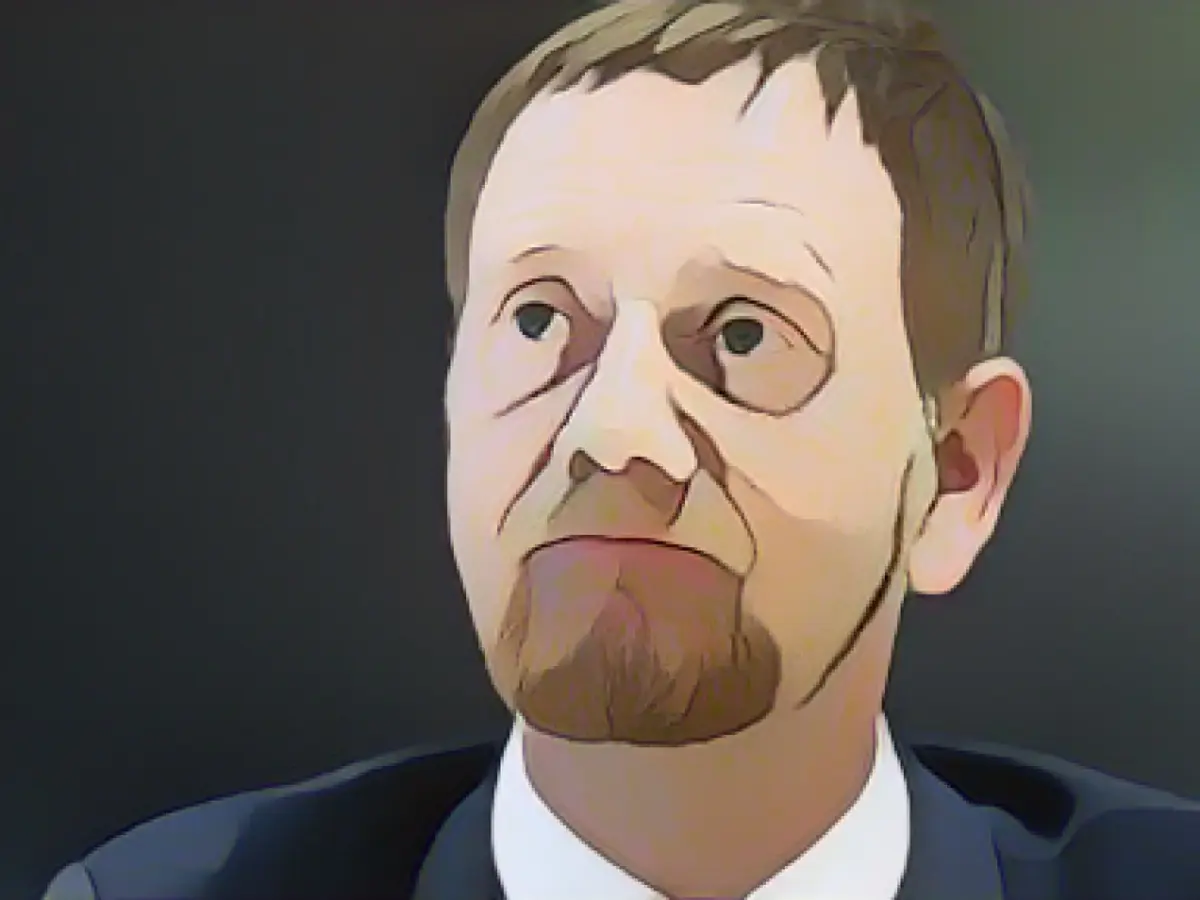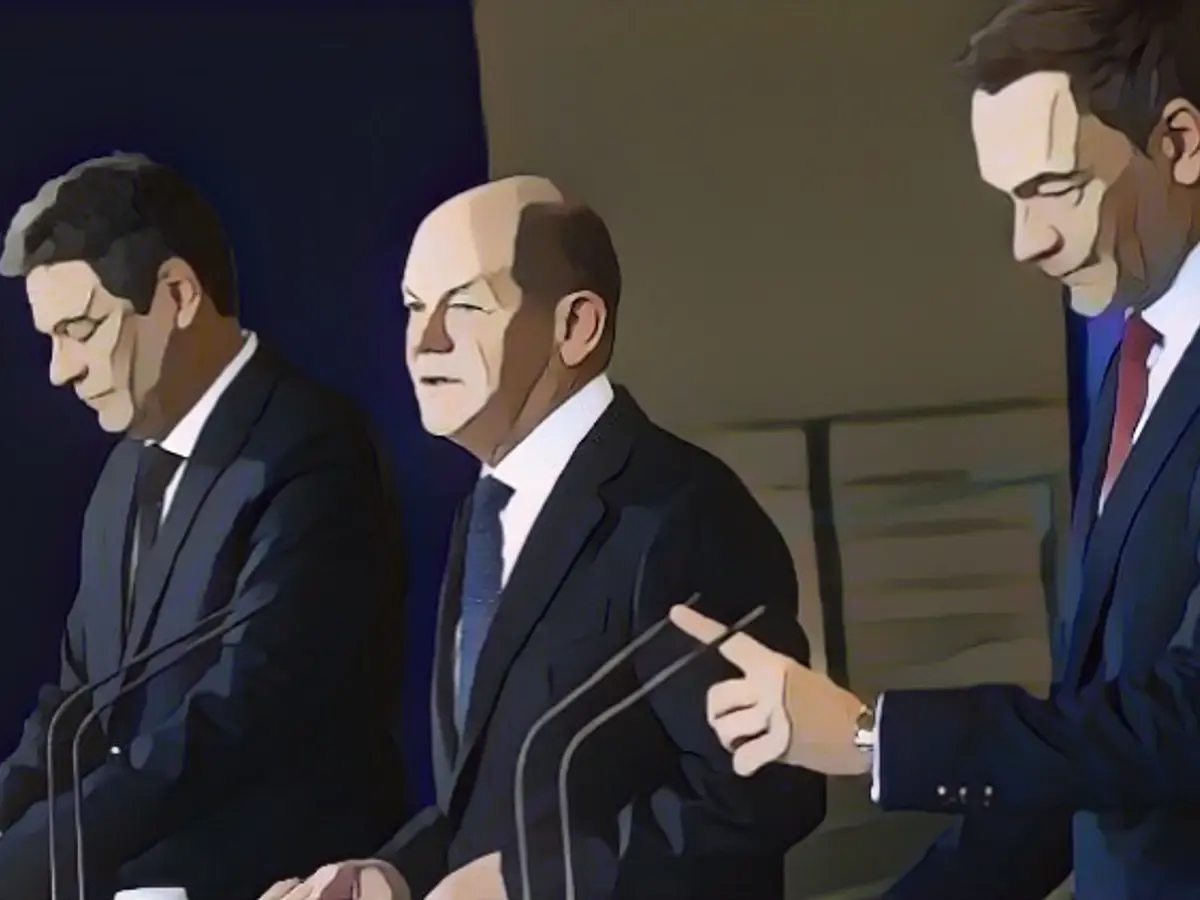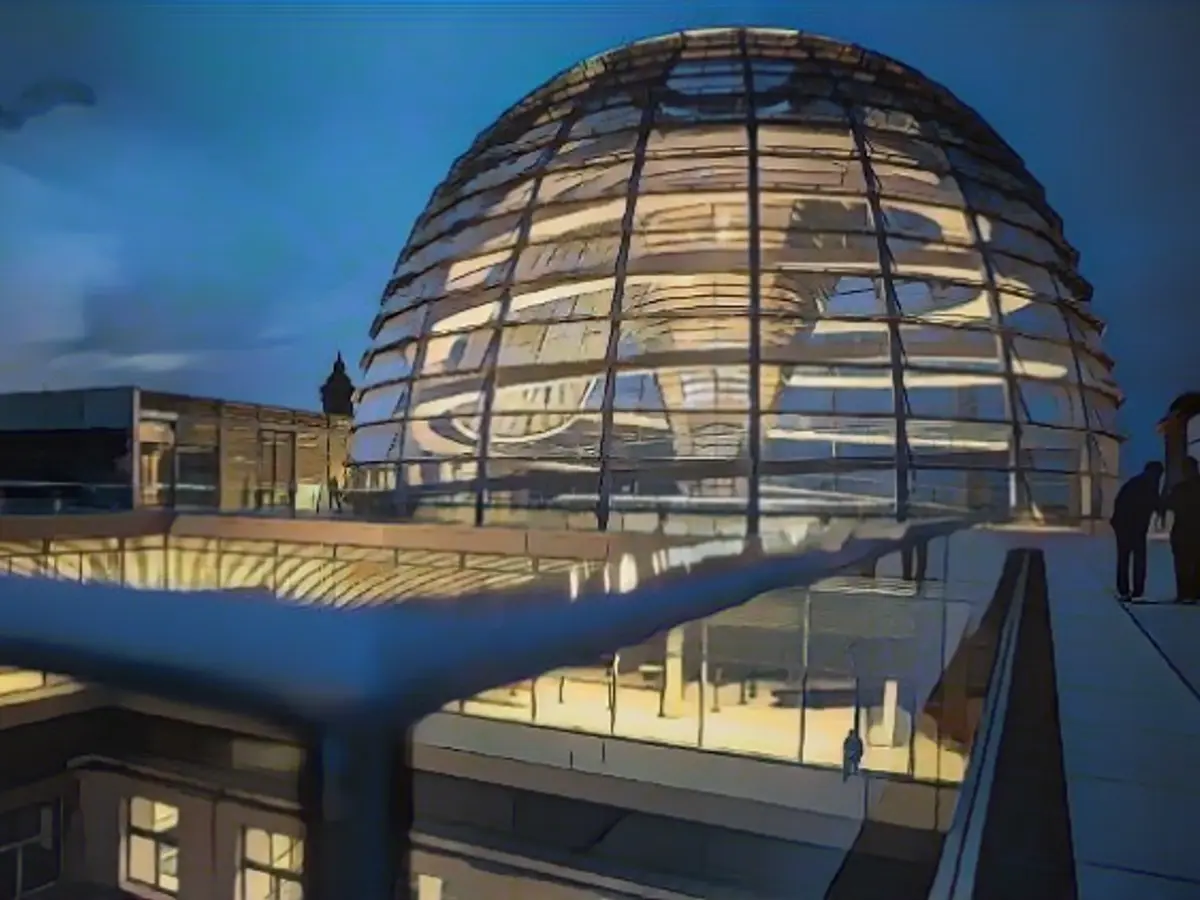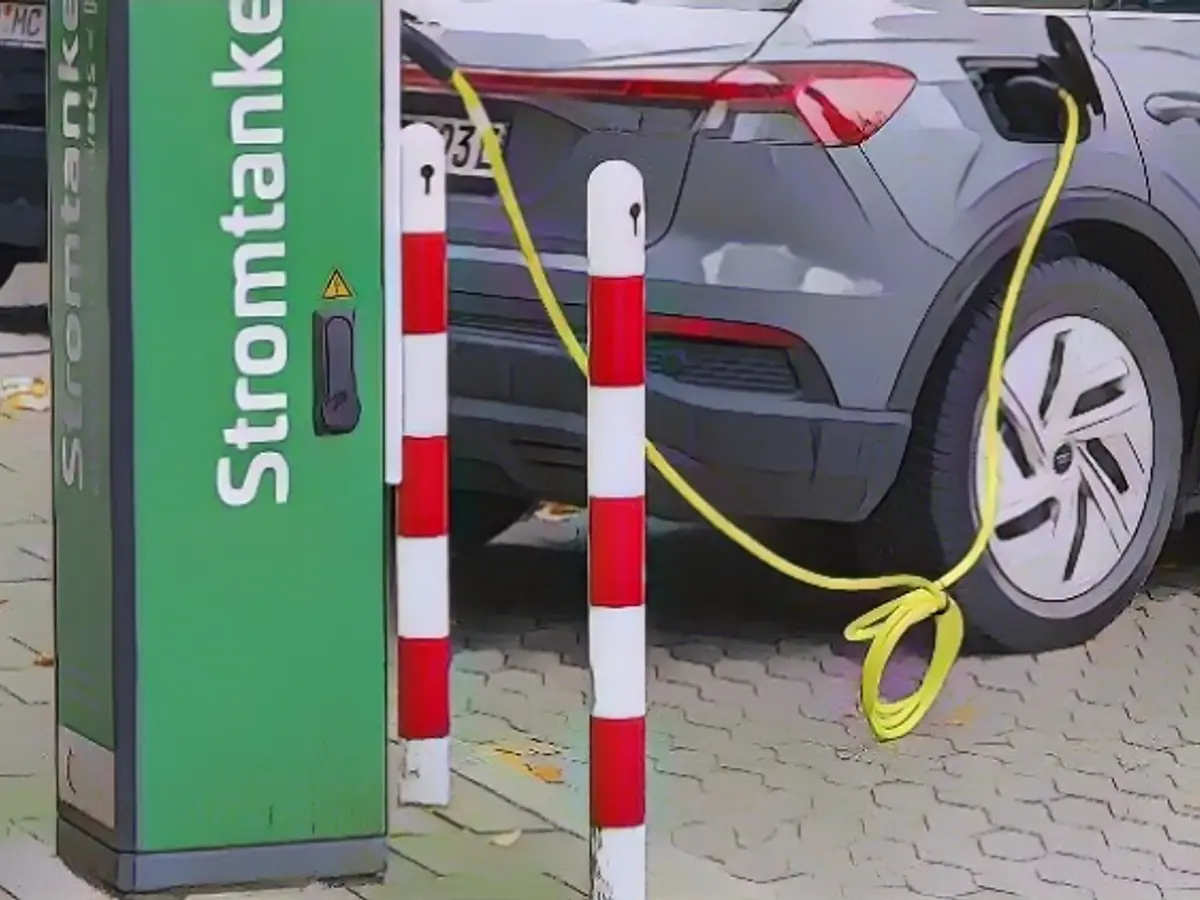Bundestag axes debt limit - 2023 budget passed with aplomb
In the face of external pressures, Germany's parliament, the Bundestag, has opted to jettison the debt brake once more to protect the budget's legal soundness.
Parliament suspended the debt brake for the current year, a move that follows the Federal Constitutional Court ruling on the budget, and subsequently introduced a supplementary budget. This maneuver paves the way for a solid, legal foundation for the 2023 budget.
The Bundestag has now suspended the debt brake stipulated in Germany's Basic Law for the fourth consecutive year. This decision received the required majority of chancellors' votes, with 414 in favor, 242 opposed, and nine abstentions. The German government explained this move as a result of an exceptional emergency situation arising from the war in Ukraine, a circumstance provided for in the Basic Law as an exception.
This suspension of the debt brake paves the way for the adoption of a supplementary budget in 2023, which enables a revised legal stance for financing energy price assistance drawn from the WSF crisis fund. Previously approved credits have expired due to the Federal Constitutional Court's recent ruling. Moreover, the supplementary budget awaits approval in the Bundesrat at a later date.
The supplementary budget surpasses the borrowing limits previously established by the debt brake by 44.8 billion euros, with planned new borrowing of 70.6 billion euros. Approximately 43.2 billion euros is designated for subsidies on gas, district heating, and electricity prices. Around 1.6 billion euros will be allocated for the flood relief fund in the Ahr valley, following the devastating floods in 2021. This financing developer was also invalidated after the Constitutional Court ruling on the Climate and Transformation Fund (KTF).
Following the ruling, the court voided 60 billion euros that the Ampel government had transferred to the KTF from coronavirus loans. The court has ruled that loans taken out under debt brake suspension can only be utilized in the year the emergency is declared.
"We are now securing the legal footing for electricity and gas price brakes. We are strengthening support in the Ahr valley - that's right and necessary," declared Green Party budget official Sven-Christian Kindler during the debate. FDP budget official Otto Fricke said, "This is budgeting as it should be." Speaking about the 2024 budget, he lauded the coalition's sensible compromise. SPD budget official Dennis Rohde, in defense of the renewed suspension of the debt brake, stated, "If there is a war on the European continent and a person like Vladimir Putin thinks he can put his power interests above the integrity of states on the European continent, then that is never a normal situation."
Take a peek:
Germany's Bundestag's decision to suspend the debt brake in 2023 was vital to putting the government's budgetary policy into action, enabling the adoption of a supplementary budget to provide a legal basis for energy price aid. Germany's federal parliament's decision to suspend the debt brake yet again underscores the necessity of flexible budgeting policies in the face of extraordinary circumstances, such as the conflict in Ukraine.
Source:
Insight:
The Bundestag's suspension of the debt brake in 2023 was triggered by the financial repercussions of the war in Ukraine and the lingering consequences of the COVID-19 pandemic. These extraordinary circumstances necessitated a temporary relaxation of fiscal restraints to tackle immediate challenges while setting the stage for future fiscal debates and coalition talks.
Reasons for Suspension:
- Financial Crisis: The war in Ukraine led to significant financial burdens, necessitating additional spending to support Ukraine and manage the crisis.[1][4]
- COVID-19 Pandemic: The suspension also reflected the ongoing impact of the COVID-19 pandemic, which had previously required the temporary suspension of the debt brake in 2020.[4]
Implications:
- Temporary Suspension: The suspension allowed for relatively conflict-free budgeting management during a critical period, enabling the government to allocate funds for immediate needs without adhering strictly to the debt brake's 0.35% GDP deficit limit.[4]
- Political Tensions: The reinstatement of the debt brake in 2023, as proposed by Finance Minister Christian Lindner (FDP), conflicted with the priorities of the SPD and the Greens, leading to political tensions and highlighting the need for a future coalition configuration that would address fiscal rules.[4]
- Future Coalition Negotiations: The most likely coalition configurations after the February 23 election—CDU/CSU with either the SPD or the Greens—will shape the significance of the debt brake and its potential reform in the public debate. Reforming the debt brake seems feasible in these scenarios to meet investment needs and maintain government credibility.[4]
- Military Aid to Ukraine: The suspension also facilitated increased military aid to Ukraine, with the Bundestag calling for additional support measures, including up to 3 billion euros for Ukraine's security and defense.[2]
In short, the suspension of the debt brake in 2023 was a response to the financial challenges posed by the war in Ukraine and the COVID-19 pandemic, providing temporary fiscal elasticity to address immediate needs while setting the stage for future fiscal aspects and coalition talks.








